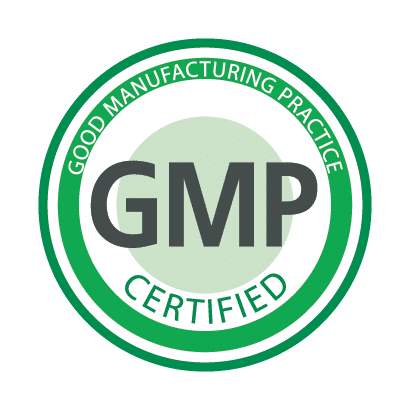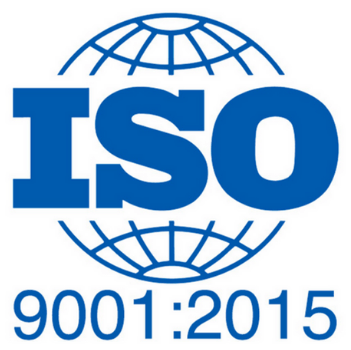Back to Top
Bulk Anti-Human CD4 (OKT-4) Antibody
$400.00 - $3,780.00
Add recommended extras
Bulk Anti-Human CD4 (OKT-4) Antibody
| Species Reactivity | Human, Rhesus, Cynomolgus, Chimpanzee, Sooty Mangabey |
|---|---|
| Target | CD4 |
| Concentration | 1mg/ml |
| Isotype | Mouse IgG2b Kappa |
| Host | Mouse |
| Use | Products are for research use only. Not for use in diagnostic or therapeutic procedures. |
| Application Notes | Each investigator should determine their own optimal working dilution for specific applications. |
| Applications | ELISA, ICC, IF Staining, IHC (Frozen), Immunoprecipitation, Neutralisation, Western Blot |
| Storage | This antibody is stable for at least one week when stored sterile at 2-8°C. For long term storage aseptically aliquot in working volumes without diluting and store at ï؟½80°C. Avoid Repeated Freeze Thaw Cycles. |
| Endotoxin | ≤ 1.0 EU/mg as determined by the LAL method |
| Purity | >95% by SDS-PAGE and HPLC |
| Formulation | This monoclonal antibody is aseptically packaged and formulated in 0.01 M phosphate buffered saline (PBS) pH 7.2 - 7.4, 150 mM NaCl with no carrier protein, potassium or preservatives added. BSA and azide free |
| Purification Method | This monoclonal antibody was purified using Protein A |
| Specificity | Clone OKT4 recognizes Human CD4. This clone recognizes a different epitope than the RPA-T4 monoclonal antibody, and these antibodies do not interfere with each other |
| Shipping Conditions | Blue ice |
| background | Integral membrane glycoprotein that plays an essential role in the immune response and serves multiple functions in responses against both external and internal offenses. In T-cells, functions primarily as a coreceptor for MHC class II molecule:peptide co |
| clone | OKT-4 |
| UniProt | P01730 |
| Buffer | ICH3001-100ml ICH3002-100ml ICH3003-100ml |
| Antigen Distribution | CD4 is expressed on most thymocytes, a subset of T cells, and monocytes/macrophages, and may be detected in thymus, lymph nodes, tonsils, and spleen, and also in specific regions of the brain, gut, and other non-lymphoid tissues. |
| Immunogen | Human peripheral T cells |
| Aggregation | Aggregation level ≤ 5% |
Write Your Own Review






















